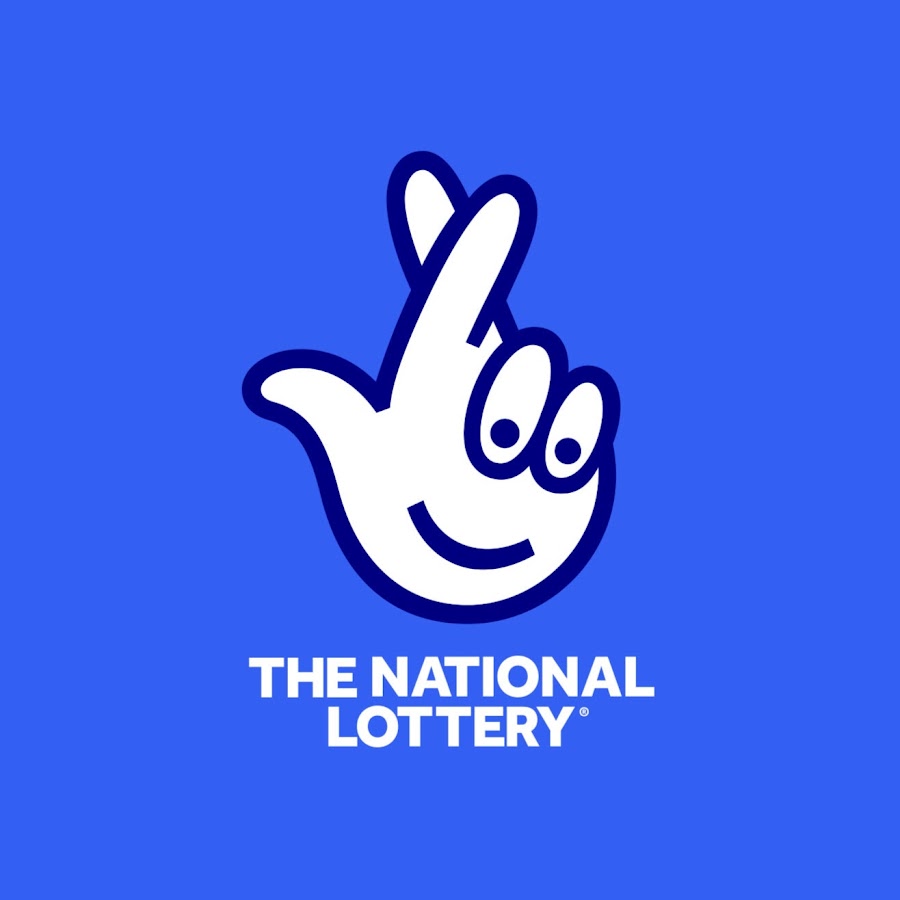
A lottery is a game where people buy tickets and hope to win money. It’s similar to gambling, but it’s run by state or local governments instead of private parties.
Lotteries have long been popular. Originally they were mainly a form of entertainment at dinner parties, but they have also become a source of large sums of money for government, often running into millions of dollars.
In the United States, lotteries have grown in popularity since the 1960s (see Figure 7.1). Forty states and the District of Columbia have established lotteries; they have become a significant source of revenue for governments.
Many state lotteries are backed by the public; they have been hailed as a safe way to raise money for government projects without increasing taxes. However, many critics say that lottery advertising is deceptive and can lead to problem gambling.
The most important factor in winning a lottery is to pick the right numbers and use a strategy with timing. Having a good strategy will help you skip some draws and set aside your money for the time when it’s the most likely to pay off.
If you want to win the jackpot, you need to choose combinations that have high odds. Combinations with low odds are useless and you should avoid them.
Moreover, you need to keep in mind that you don’t have a fixed chance of winning the jackpot; you’ll probably win it only once in a lifetime. The law of truly large numbers explains why this is the case.